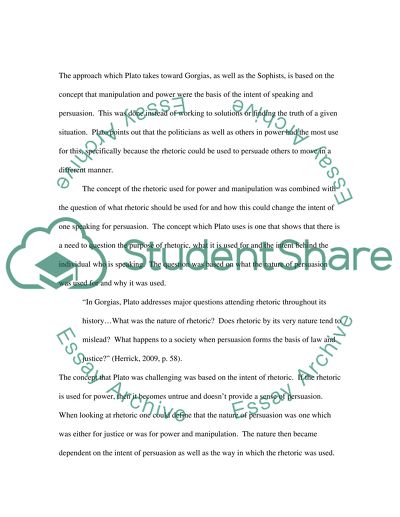Cite this document
(“The Rhetorical Tradition Term Paper Example | Topics and Well Written Essays - 2500 words”, n.d.)
Retrieved from https://studentshare.org/journalism-communication/1426378-plato-s-gorgias-and-phaedrus-the-enlightenment
Retrieved from https://studentshare.org/journalism-communication/1426378-plato-s-gorgias-and-phaedrus-the-enlightenment
(The Rhetorical Tradition Term Paper Example | Topics and Well Written Essays - 2500 Words)
https://studentshare.org/journalism-communication/1426378-plato-s-gorgias-and-phaedrus-the-enlightenment.
https://studentshare.org/journalism-communication/1426378-plato-s-gorgias-and-phaedrus-the-enlightenment.
“The Rhetorical Tradition Term Paper Example | Topics and Well Written Essays - 2500 Words”, n.d. https://studentshare.org/journalism-communication/1426378-plato-s-gorgias-and-phaedrus-the-enlightenment.


